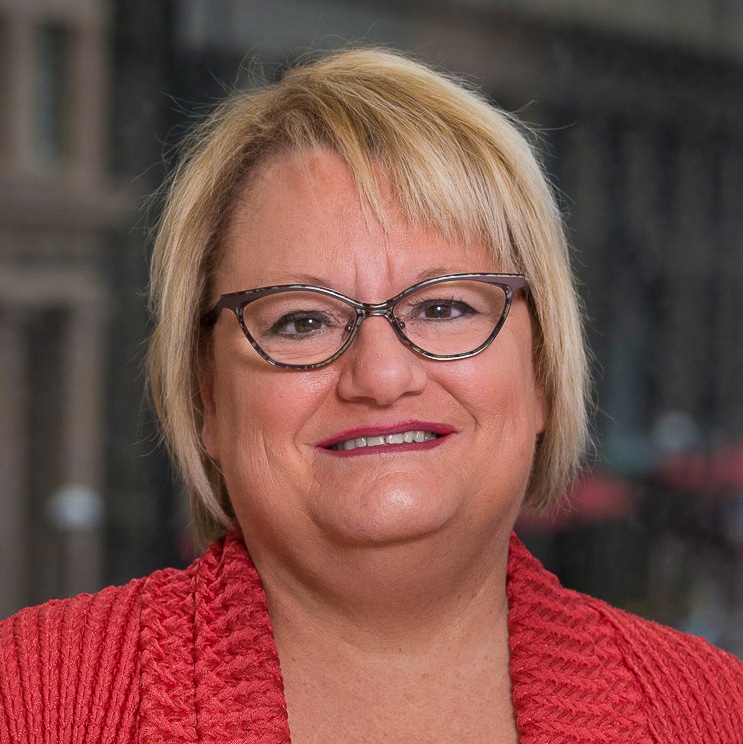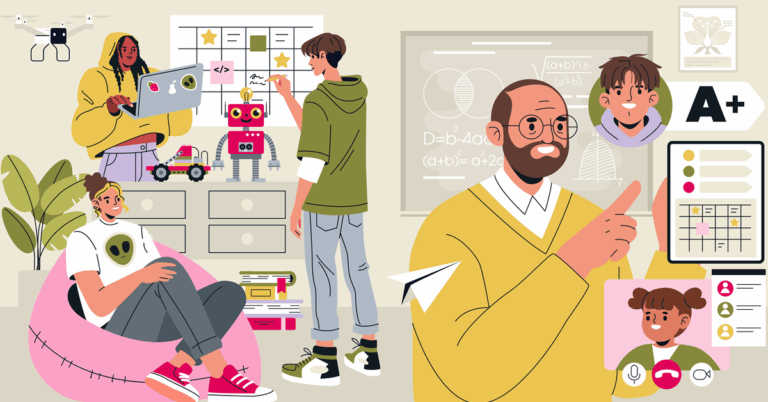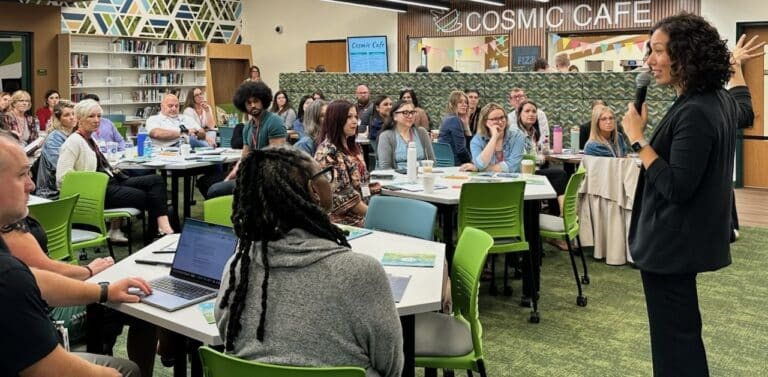As schools open their doors and welcome back the nation’s children, teachers who understand the role of positive culture and classroom climate are spending time nurturing and cultivating relationships with their learners.
Anyone with an eye to educational research knows that what many experts taught us still rings true: building strong relationships with students, their families and community members is key to supporting student growth and success.
Pop into a class, look at the work displayed in hallways, or peer over the shoulders of a student as they are in a Google Hangout with their classmates and you’re likely to see back-to-school tasks designed to foster positive relationships, including: “All About Me” writing assignments, name poems, newspaper headlines, art projects, photos, collages, scrapbook pages, Instagram posts, interest inventories, letters and surveys. Educators are on point to learn as much about their kids as they can, and for all the right reasons: making connections, developing empathy, sharing experiences, being relevant, offering them a sense of belonging, becoming an advocate, knowing, trusting and empowering students.
But something is missing.
I know that relationships are at the heart of teaching. Attending to them with our learners, for all the reasons above, is the right thing to do. But it’s not the only thing to do. As I continue to coach and facilitate others in deep understandings as they work to implement personalized, competency-based learning and what it means when we really center student needs and interests, I too, have been on a steep learning curve. The convergence of sound teaching practices, research and evidence from the field, collegial conversations, experience, core beliefs about learning, teaching and the world around us have provided me with moments of pure clarity.
“When you let learners talk, when you let them share, they discover themselves,” said Megan Margerum explaining how a mindset shift has helped her students build problem-solving and risk-taking skills – even in the middle of a pandemic.
Learn more >
Teachers need to know about their learners, especially how they learn. Knowing they love motocross or guitar playing is great, but do I know how they learn? How they best access content and engage with it? Do they prefer direct instruction with the teacher? Are they strong independent readers who prefer to access the content through text? Or a video with voice is their go-to-choice?
When we know student preferences then we can provide access to those preferences so that every learner has an open doorway to learning. How they can best demonstrate evidence of their learning? When we know how our kids learn, we can use that information to design inclusive learning experiences so that all of our learners, each and every one, can grow and achieve. If we want all our children to grow, and we must, inclusive learning experiences are key.
So as you design those “All About Me” tasks, think about how to begin to help students understand who they are as learners – and then use that evolving information when planning instruction. For it is through inclusivity that we get to equitable outcomes for all learners, which is the promise of personalized, competency-based learning.
Understanding the conditions for sustainable systems change and developing and advancing a strategic plan for district-wide transformation to personalized, competency-based learning can be easy with our navigation tools.





